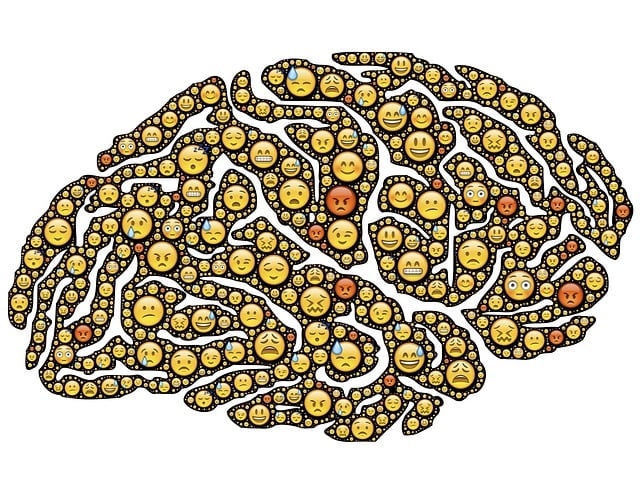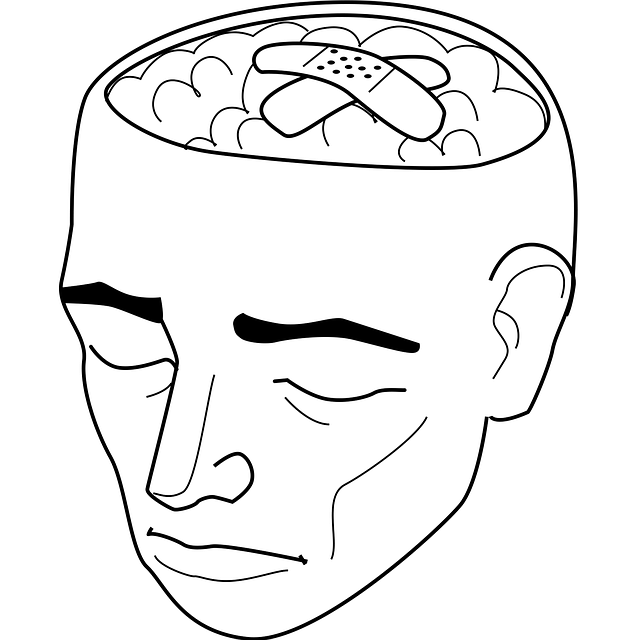Diagnosing mental illness accurately is complex due to overlapping symptoms, but Arvada Acceptance and Commitment Therapy (ACT) offers a sophisticated solution. ACT prioritizes acceptance and committed action towards personal values, improving diagnostic accuracy while reducing stigma. Cultural sensitivity is crucial for healthcare professionals to tailor effective interventions that respect diverse beliefs and values. Future advancements in mental health diagnosis include integrating therapeutic methods like ACT with increased cultural awareness, ensuring inclusive care. Additionally, educational content dissemination through the Mental Wellness Podcast Series can promote early intervention and precise diagnoses.
Mental illness diagnosis accuracy is a critical aspect of patient care, yet it faces significant challenges. This article delves into the complexities and limitations of traditional diagnostic methods while exploring innovative solutions. We present Arvada Acceptance and Commitment Therapy (ACT) as a novel approach, offering a fresh perspective on mental health assessment. Through examining current strategies and future directions, we aim to enhance diagnostic accuracy, ultimately improving patient outcomes and treatment effectiveness.
- Understanding Mental Illness Diagnoses: Challenges and Limitations
- Arvada Acceptance and Commitment Therapy (ACT): A Novel Approach to Diagnosis
- Enhancing Diagnostic Accuracy: Strategies and Future Directions
Understanding Mental Illness Diagnoses: Challenges and Limitations

Diagnosing mental illness is a complex process that often faces significant challenges and limitations. One of the primary hurdles is the vast spectrum of symptoms and behaviors associated with various disorders, which can make it difficult for healthcare professionals to distinguish between different conditions. For instance, symptoms of anxiety and depression overlap considerably, complicating accurate diagnosis, especially when co-occurring disorders are involved. This complexity necessitates a nuanced approach to assessment, where tools like acceptance and commitment therapy (ACT) in Arvada can play a pivotal role.
Furthermore, cultural sensitivity in mental healthcare practice is essential as it influences how individuals express and perceive their experiences. Different cultures have unique beliefs and values surrounding mental wellness, which can impact the presentation of symptoms and the effectiveness of treatment. Healthcare providers must be adept at navigating these cultural nuances to ensure accurate diagnoses and develop tailored interventions that respect and embrace diverse perspectives on mental health awareness.
Arvada Acceptance and Commitment Therapy (ACT): A Novel Approach to Diagnosis

Arvada Acceptance and Commitment Therapy (ACT) offers a novel approach to mental illness diagnosis, focusing on the individual’s ability to accept their experiences and commit to valued actions. This therapy challenges the traditional focus on symptoms alone, encouraging patients to explore their thoughts and emotions in relation to their personal values and life goals. By fostering mindfulness and promoting behavior changes aligned with personal values, ACT aims to improve diagnostic accuracy by understanding the complex interplay between mental health, behavior, and overall life context.
This innovative approach addresses Mental Illness Stigma Reduction Efforts by shifting the narrative from pathology to personal growth. The Mind Over Matter principles embedded in ACT encourage patients to view their thoughts and feelings as mere mental events, not facts, enabling them to develop psychological flexibility. This flexibility allows individuals to adapt effectively, enhancing resilience and overall mental wellness. Additionally, ACT provides practical tools like Mental Wellness Journaling Exercise Guidance, helping patients track their progress and gain insights into their emotional responses, further supporting accurate diagnosis and personalized treatment plans.
Enhancing Diagnostic Accuracy: Strategies and Future Directions

Improving diagnostic accuracy in mental health is an ongoing quest, and various strategies have emerged to enhance this critical aspect of patient care. One promising approach gaining traction is Acceptance and Commitment Therapy (ACT), such as that offered by Arvada Acceptance and Commitment Therapy. ACT focuses on helping individuals accept their emotions while pursuing valued goals, fostering a more balanced and adaptive mindset. This therapy has shown effectiveness in treating various mental health conditions, contributing to more precise diagnoses.
Looking ahead, the future of accurate mental illness diagnosis lies in integrating diverse therapeutic methods like ACT with an increased emphasis on cultural sensitivity in mental healthcare practice. By recognizing and addressing the unique cultural contexts of patients, healthcare providers can tailor their approaches, ensuring more inclusive and effective treatment. Additionally, the development of Mental Wellness Podcast Series Production can play a role by disseminating educational content and personal narratives related to mental health, fostering open conversations and promoting early intervention and accurate diagnosis.
Mental illness diagnosis has evolved, but challenges remain. By understanding the limitations of traditional methods, we can embrace innovative approaches like Arvada Acceptance and Commitment Therapy (ACT) to enhance accuracy. Future research should continue exploring diverse strategies, ensuring more effective and timely diagnoses. Improving diagnostic accuracy is crucial for providing tailored treatments and fostering better mental health outcomes.













